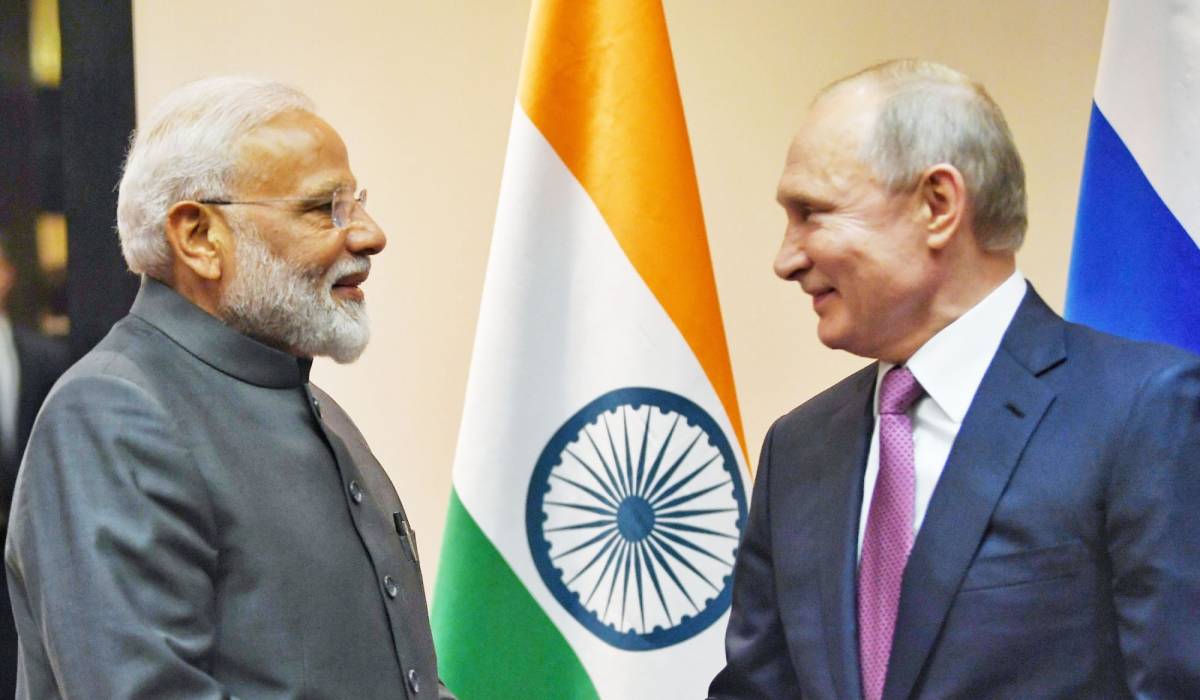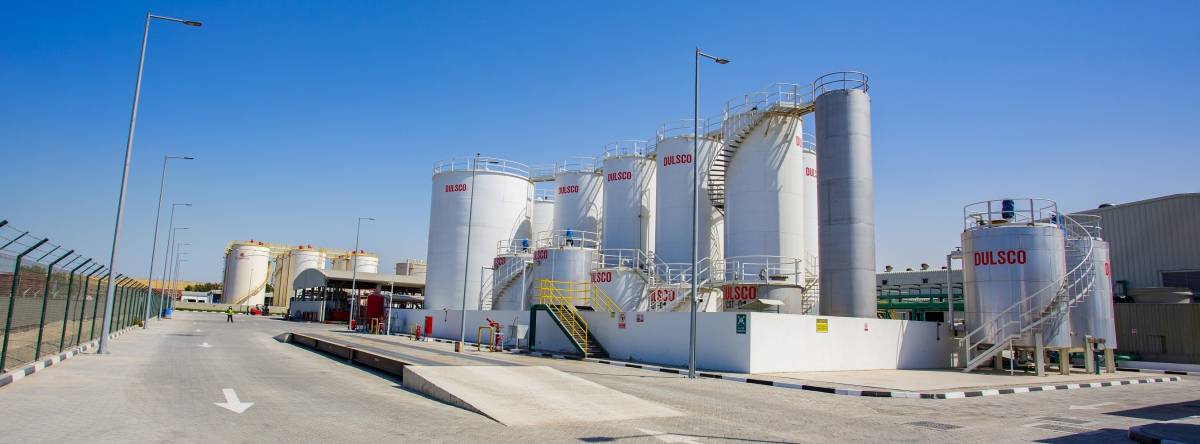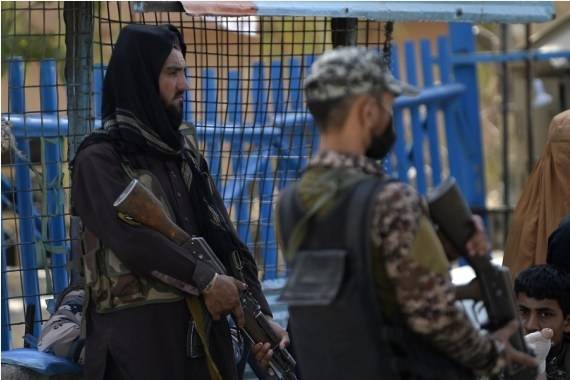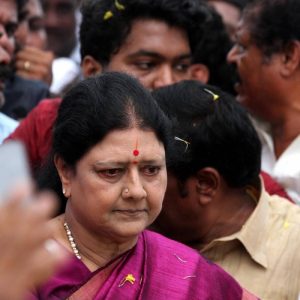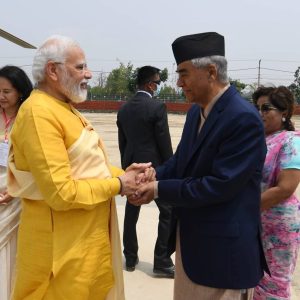The two Indian ministers would be required to be in India during Putin’s visit whether or not that 2+2 takes place and that would narrow the window for holding the ministerial dialogue with the US as the holiday season is coming up in the US. ..writes Arul Louis
The timing of the 2+2 Ministerial Dialogue of the top diplomats and defence heads of India and the US that was expected to take place early next month is now under a cloud of uncertainty because of Russian President Vladimir Putin’s visit to New Delhi.
Asked at his briefing in Washington on Tuesday if the annual meeting has been pushed to January 2022, State Department spokesperson Ned Price said: “We have never announced a date for the 2+2… I can assure you that there will be an opportunity for a 2+2 before long.”
It is Washington’s turn to host the 2+2 Ministerial Dialogue of India’s External Affairs Minister S. Jaishankar and Defence Minister Rajnath Singh, and US Secretary of State Antony Blinken and Defence Secretary Lloyd Austen.

But Putin is expected to be in India early next month along with Foreign Minister Sergei Lavrov and Defence Minister Sergey Shoygu and, according to media reports, India and Russia plan to launch their version of 2+2 ministerial meetings at that time.
The two Indian ministers would be required to be in India during Putin’s visit whether or not that 2+2 takes place and that would narrow the window for holding the ministerial dialogue with the US as the holiday season is coming up in the US.
The arrival of the components of the Russian Triumf S-400 missile air defence system this month casts a shadow over India-US relations because of Washington’s opposition to the purchase and the threat of sanctions under the Countering America’s Adversaries Through Sanctions Act (CAATSA).
Price said that the US has not decided whether to impose sanctions on India.
The reporter in his question raised the possibility of the S-400 delivery being a factor in a likely delay in the 2+2 meeting, but Price indicated that it was not a consideration.
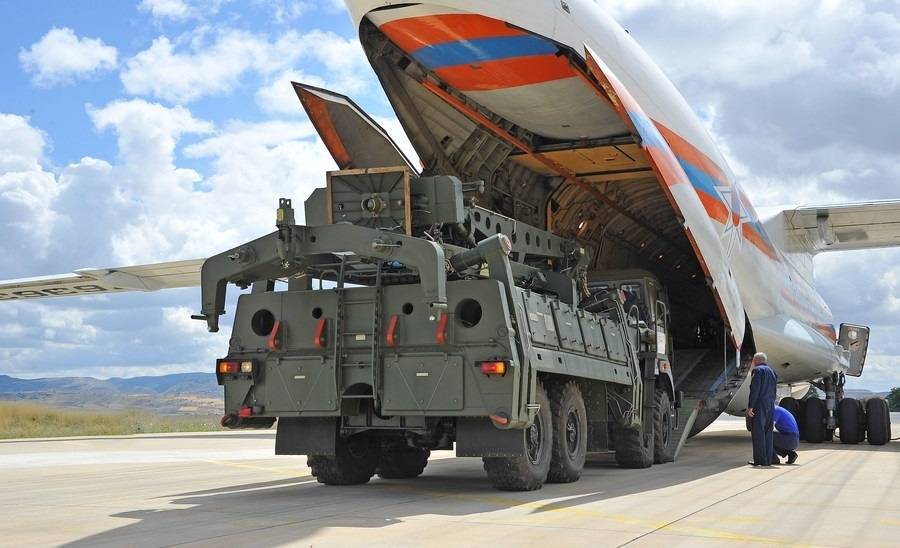
He said: “Of course, we’ve committed to the 2+2 again because we have a significant relationship with India, including its status as a major defence partner.”
The S-400 issue has been raised at “the highest levels of the Indian government”, he said.
“It’s a conversation that has been ongoing with our Indian partners. It’s a conversation that takes place in the context of a defence relationship that is meaningful to us, that is important both to the US and India, including in the context of a free and open Indo-Pacific. And so I suspect those conversations will continue.
“We have been clear when it comes to this system, not only in the endgame context but more broadly as well, that we’ve urged all of our allies, all of our partners, to forego transactions with Russia that may risk triggering sanctions under so-called CAATSA,” he added.
The US has imposed sanctions on its NATO ally Turkey for buying the S-400 system.
Price dealt with the dilemma the US faces in imposing sanctions on India for its S-400 purchase at a time when their defence and strategic ties are growing while are facing an aggressive China.
“We also know that our defence relationship with India has expanded and deepened significantly in recent years. It’s deepened commensurate with the broad and deep relationship that we have with India and its status as a major defence partner. We expect this strong momentum in our defence relationship to continue. We certainly value our strategic partnership with India.”
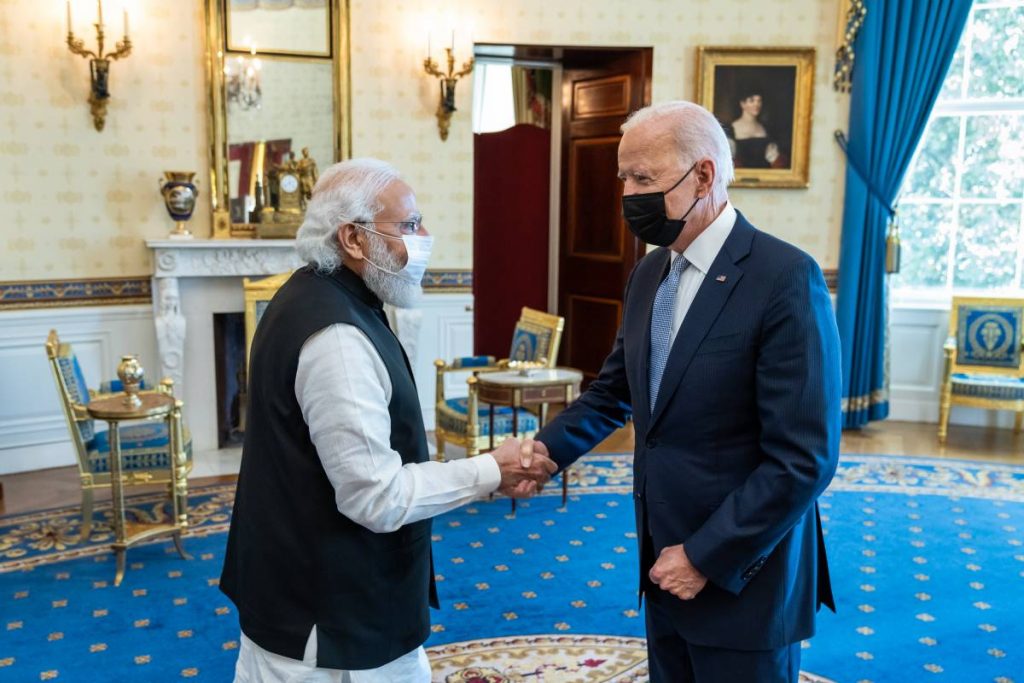
He noted that “members of Congress are deeply interested in this as well”.
Three Republican Senators led by Ted Cruz have introduced a legislation to exempt India from sanctions.
“Countering China’s aggressive behaviour requires viable partners in Asia and beyond, and the US-Indian relationship has become a cornerstone of our multilateral efforts,” Cruz said.
Their proposed legislation called the “Circumspectly Reducing Unintended Consequences Impairing Alliances and Leadership Act of 2021” (CRUCIAL Act) seeks to exempt the Quad members from sanctions for ten years.
Japan and Australia, the other two members of the four-nation group, do not have defence transactions with Russia, but adding them to the legislation would make it more acceptable to some legislators like Democrat Senator Bob Menendez, who have opposed a waiver for India, by giving the appearance that is not specifically about India and turn the focus to China’s aggressiveness.
Democrat Senator Mark Warner, who heads the Senate Intelligence Committee, and Republican panel member John Cronyn have written to President Joe Biden against imposing sanctions on India.
Cronyn, who is a co-chair of the Senate Caucus on India and Indian Americans, led a Congressional delegation to India earlier this month and met Prime Minister Narendra Modi.
The readout of the meeting issued by the prime minister’s office said that they “noted the increasing convergence of strategic interests between the two strategic partners and expressed desire to further enhance cooperation with an aim to promote global peace and stability”.
The last meeting of the India-US 2+2 that alternates between New Delhi and Washington was held in India in October 2020 with the then-US officials, Secretary of State Mike Pompeo and Defence Secretary Mark Esper.


